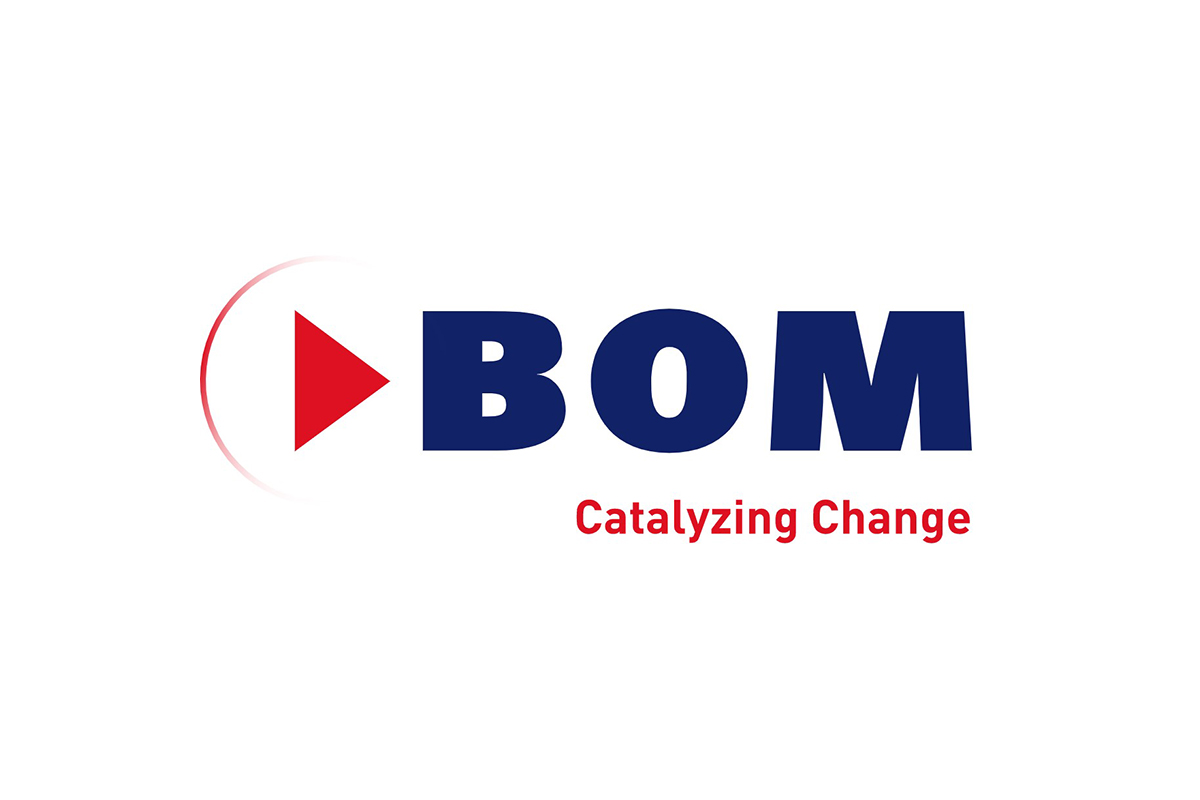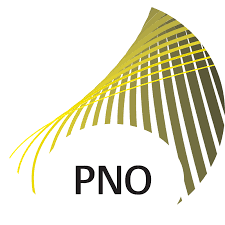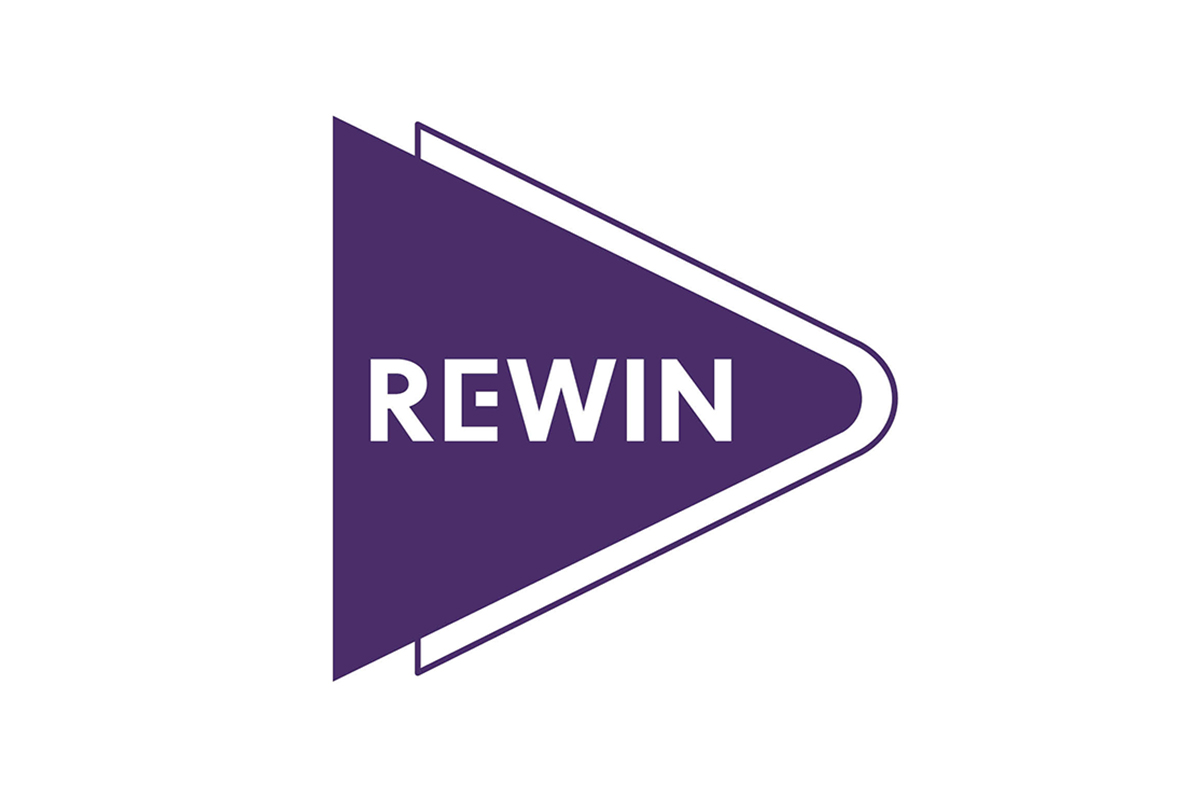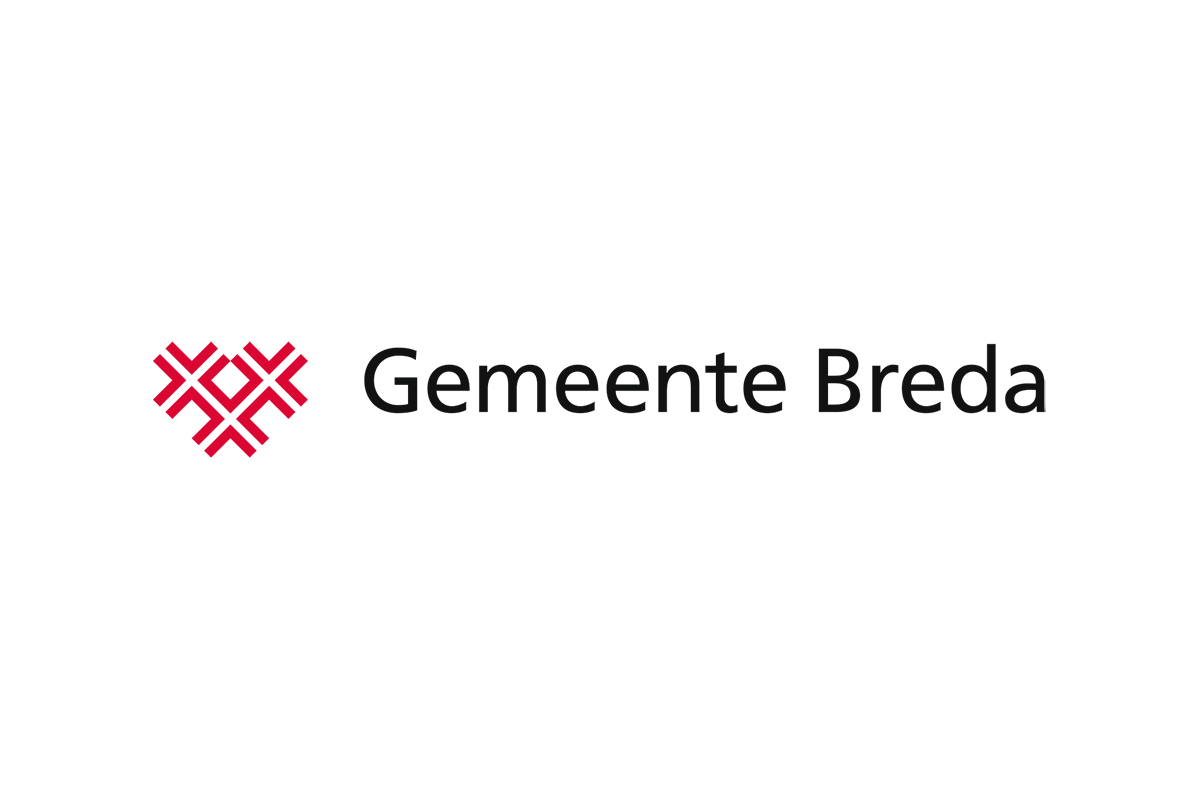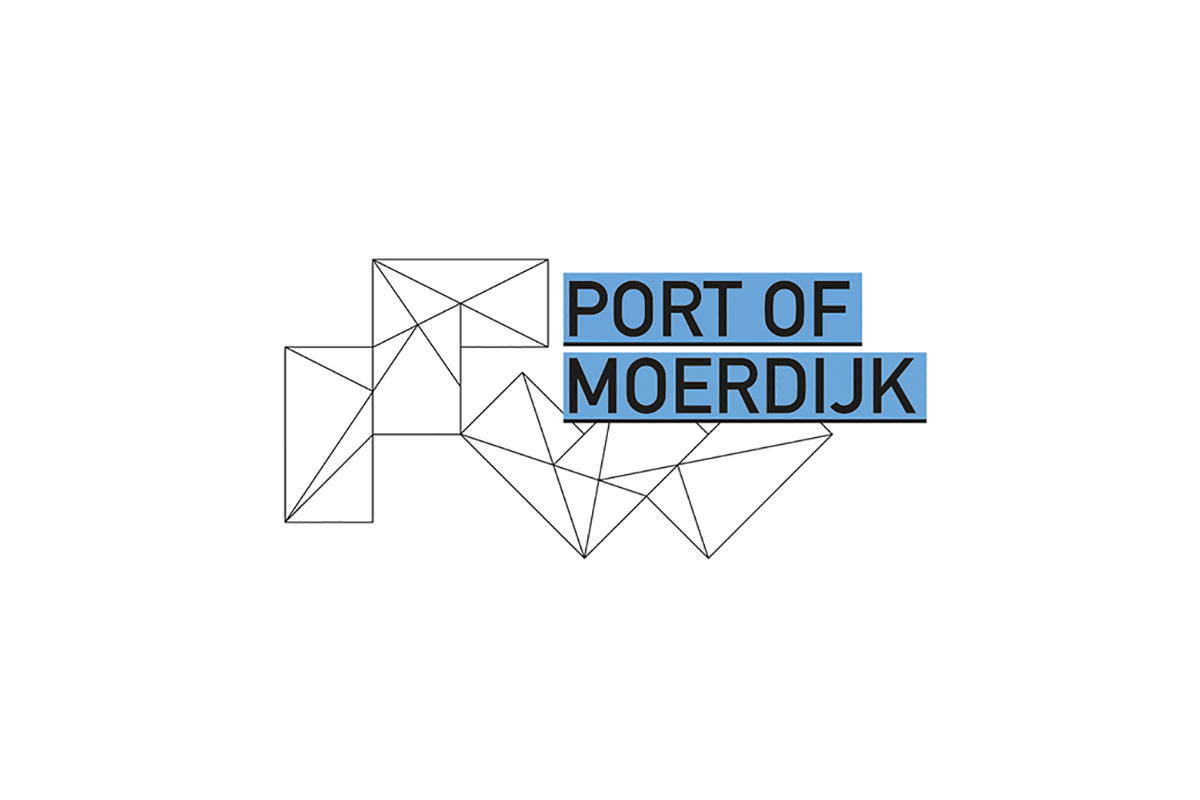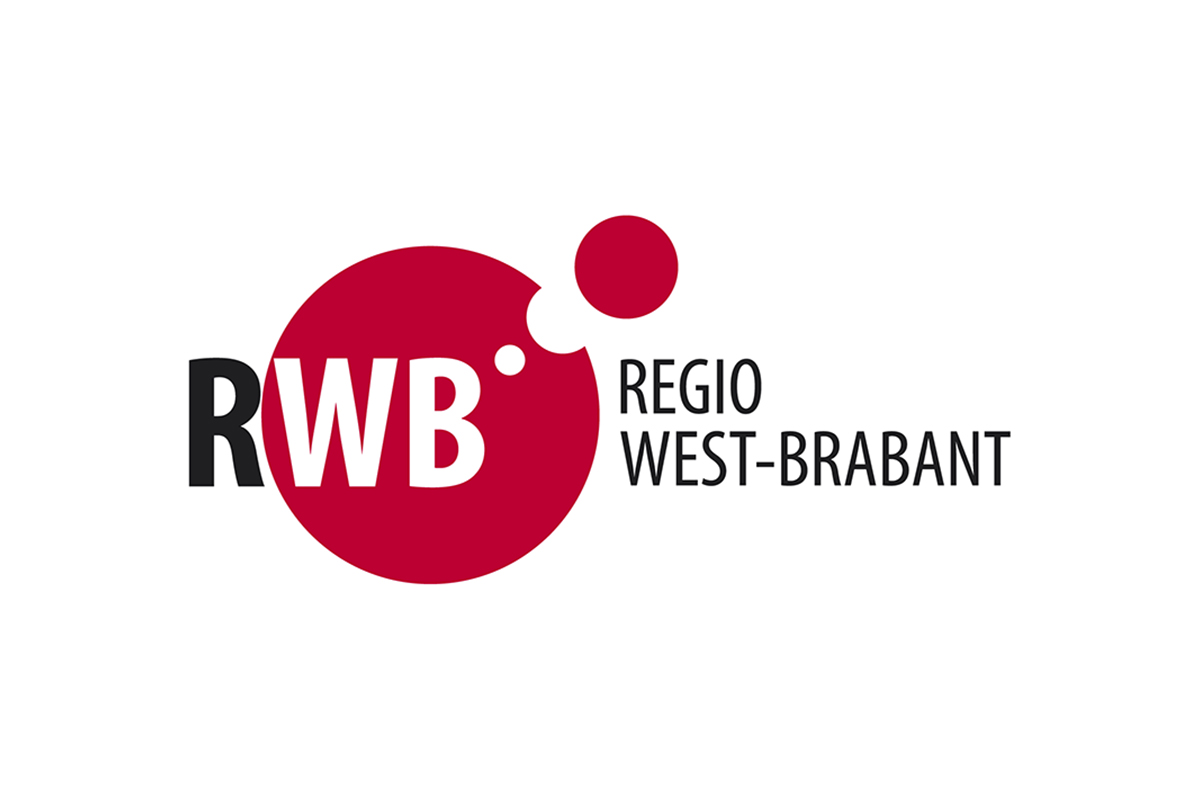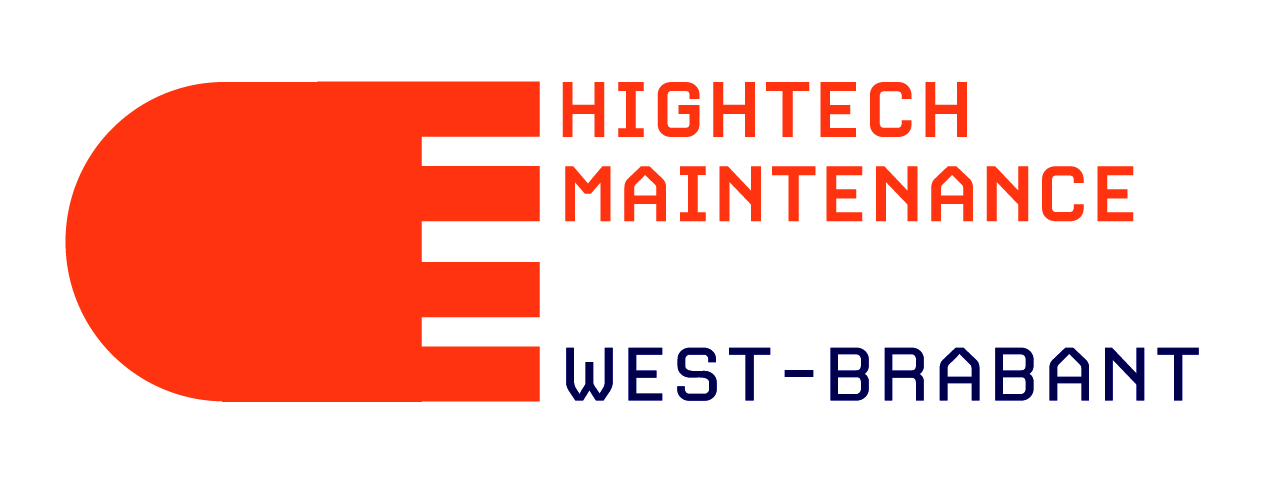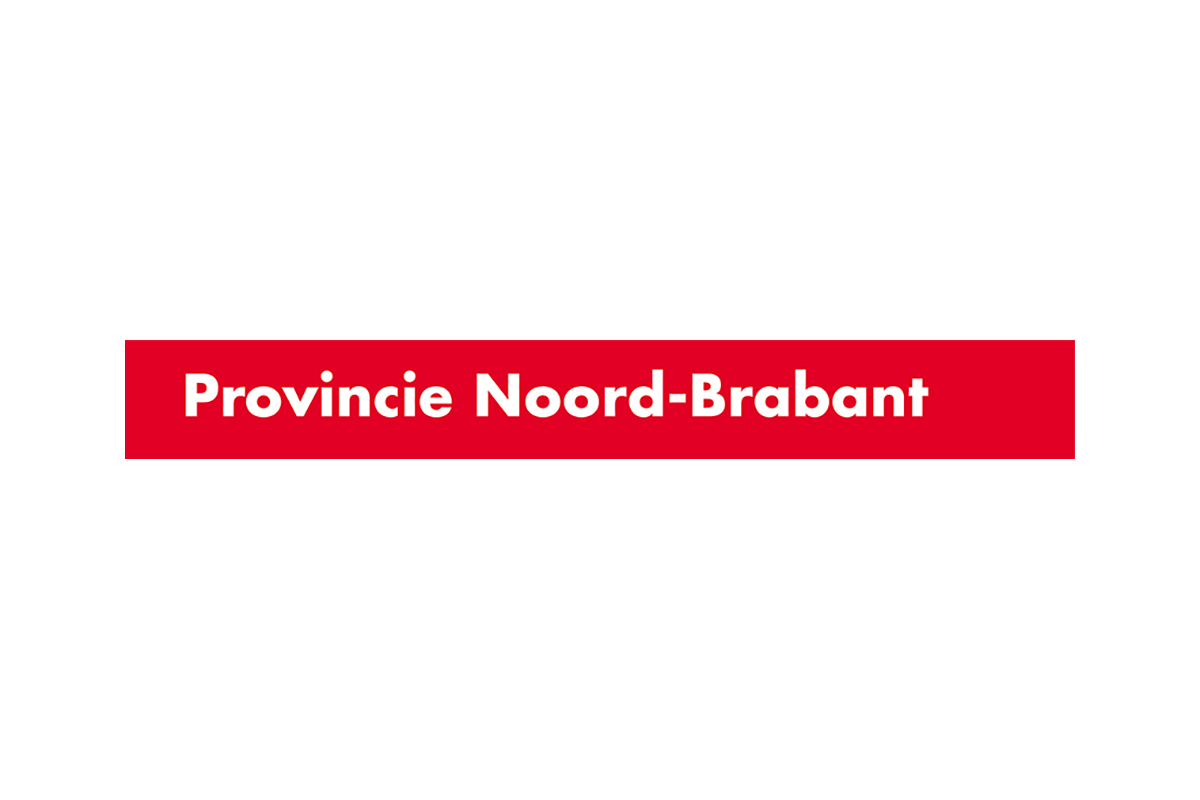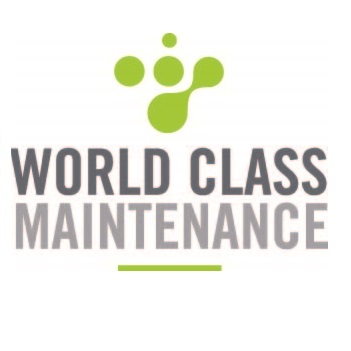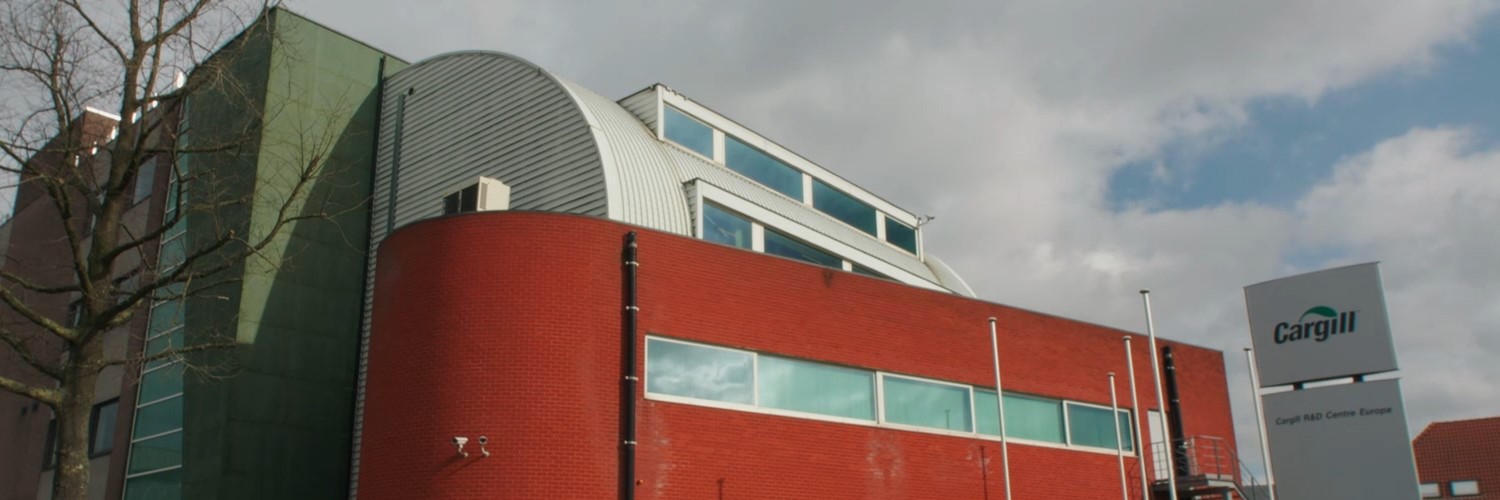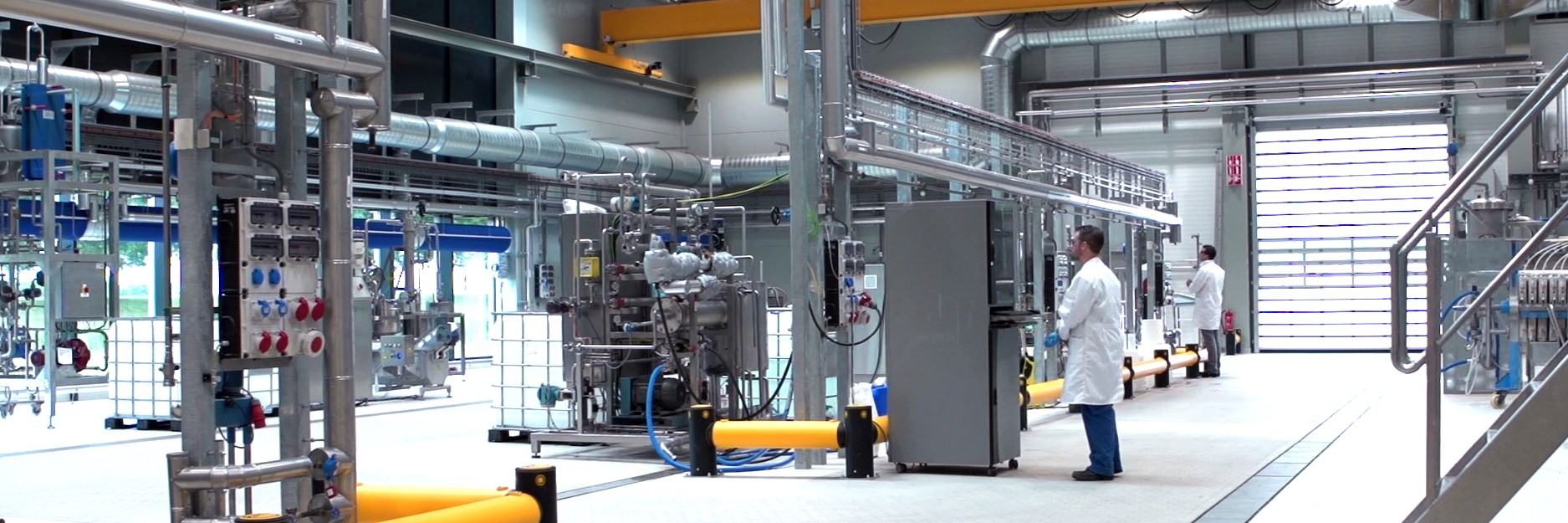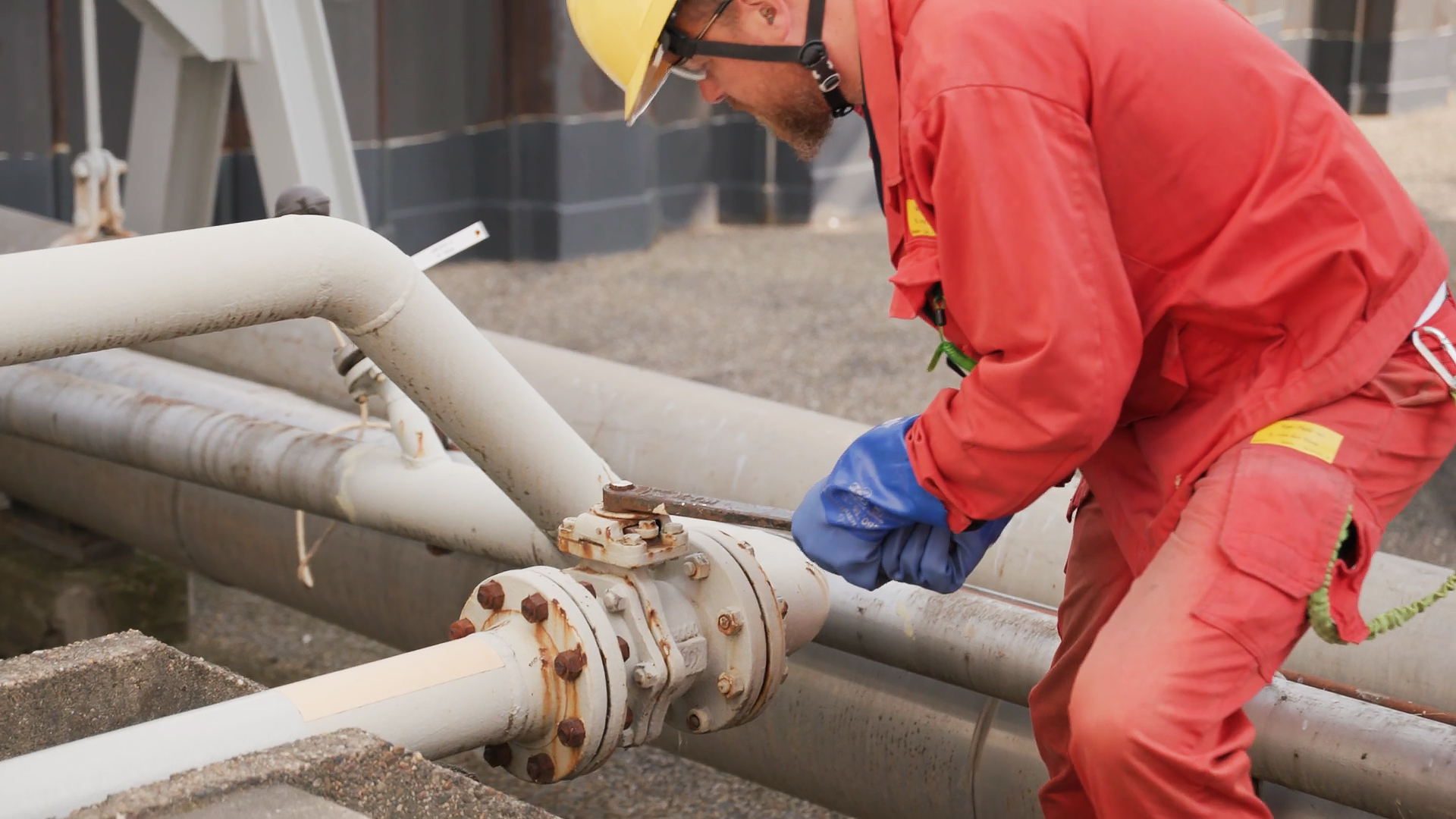How can Fokker Services Group and the Royal Netherlands Air Force provide efficient and effective remote support for aircraft inspections and repairs?
Fokker Services Group (FSG) is a major service provider in the civil aviation sector and maintains aircraft for hundreds of airlines, government bodies and private customers. The Royal Netherlands Air Force (RNAF) supports the fight against international unrest and provides disaster relief with its own resources worldwide. In addition to its operational duties, the Royal Netherlands Air Force also faces the major task of servicing its own fleet and equipment. Together, the two organisations perform tens of thousands of inspections and repairs each year. Although both organisations have various maintenance facilities themselves, many inspections and repairs take place elsewhere, e.g. the user’s or customer’s facilities or in a war zone. These sites are spread all over the world. The expertise and information needed for the inspection and repair process is often not readily available at these sites and help from experts elsewhere is needed. This is a significant obstacle for efficient inspections and repairs.
Generally speaking, the inspection and repair process looks as follows:
(i) An aircraft comes to the hangar (civilian) or outside station (military) for general maintenance or because of a specific issue.
(ii) During inspection, faults are examined and repair options are assessed.
(iii) In some cases, expert help or trouble-shooting assistance is needed.
(iv) After this evaluation, the repair is carried out on site, possibly under the supervision of an expert.
(v) After it has been repaired, the aircraft is released by an authorised person.
Problems are common in this process. The main ones are:
- Staff present at the customer/user site are often unable to properly diagnose and send the necessary high-quality information and imagery to FSG and do not always have all the information needed to make a proper diagnosis. As a result, FSG staff often have to ask for more/better information and staff at the customer/user site have to gather information again. This is time-consuming for all involved and increases the lead time for diagnosis. Moreover, incomplete repairs made after an incomplete diagnosis can lead to costly quality issues.
- The staff present at the customer/user site is not always capable of making the necessary repairs themselves due to a lack of expertise. When that happens, an FSG maintenance officer has to physically visit the customer/user site to support the repair process. This costs a lot of time and means that other important tasks have to be postponed.
- When performing maintenance tasks, technicians need regular access to data, such as manuals or other documentation, to support their work. Currently, all the data they need are on paper or on a laptop. Finding the right data can be a very difficult and time-consuming task for technicians.
- The person responsible for releasing the aircraft often does not have expert knowledge of the repair that was done and needs support. Currently, support is provided over the phone, by email or on location. This is a very lengthy process.
Although there are substantial differences between the situations for civil and military aircraft, the core problem is the same and any solution would be similar. In summary, the above problems in the inspection and repair process cost FSG, RNAF and client staff a lot of time and significantly increase the lead time of the process. This all costs large sums of money.
There is a need for a technical solution for remote support that can also be used to securely and effectively share digital data in order to reduce the lead time for inspections and repairs and save FSG and RNAF from sending scarce personnel around the world as frequently as is now the case. Moreover, both organisations expect the need for this solution to rise sharply in the coming years to facilitate agile working methods.
Which application can best be used to solve this problem? What are the preconditions for the implementation of this application? This is the joint challenge issued by FSG and RNAF.
What are we looking for?
FSG and RNAF are looking for a remote support application that can also be used to securely and effectively share digital data in order to reduce the lead time for inspections and repairs and save FSG and RNAF from sending scarce personnel around the world as frequently as is now the case. The application should improve the efficiency of the entire inspection and repair process, as well as making it easier and more enjoyable for the staff involved.
The application should consist of a wearable device for on-site technicians (i.e. hardware and software), the basic infrastructure to use the device (e.g. connection and security) and an implementation plan.
Fundamentally, the wearable device should meet the following criteria:
1. the device must support remote video, audio and voice communication
2. the device must be able to receive data from a remote source
3. the device must be capable of accessing data independently
Furthermore, the device should be easy to use.
The infrastructure should ensure that a remote employee can provide effective and secure support to the device. As such, the device must have good connectivity features. Moreover, only the device user and the employee at the main site may have access to the device and the data transfer between the two parties must be secure. Finally, the employee at the main site must be able to communicate with the device from their own control device (e.g. a computer).
In addition to the equipment and technology, FSG and RNAF are also looking for a plan to implement the application. This includes required training for staff, a process description for using the device and relevant usage criteria.
The pilot for this challenge should focus on a single wearable application that allows FSG to provide remote support to a single customer/user from FSG Hoogerheide for a single inspection and repair process. FSG will provide the necessary information, staff, site and facilities, as well as a customer. After a successful pilot, it should be possible to implement the application within two years.
What are we not looking for?
FSG and RNAF are not looking for non-wearable solutions, such as laptops or tablets.
Furthermore, they are not looking for a partial solution consisting solely of a device with an application, for instance. The solution must be complete and encompass the device, infrastructure and implementation. If necessary, such a complete solution may be provided in collaboration with others.
What’s in it for you?
FSG and RNAF will make available a budget of at least €10,000 for the pilot in which the application is developed and tested. SynchUp! will top up this amount with a voucher of up to €10,000.
After the successful completion of the pilot, a suitable budget for further development will be determined in mutual agreement. FSG expects a well-functioning application to deliver significant cost savings and will adjust the available budget accordingly.
As described in section 2, FSG and RNAF jointly carry out many inspections and repairs for a wide variety of customers/users in a multitude of locations. The scaling opportunities within both organisations would be enormous, should the pilot result in a functioning solution. Moreover, remote support solutions are needed not only by FSG and RNAF, but by the entire civil and military aviation sector. Both organisations are willing to help connect participants with other parties in these sectors after the successful completion of the pilot.
How can the challenge program benefit you?
- An innovation contract with a launching customer/partner!
- Funding (€10,000 vouchers, to be spent in the regional ecosystem for e.g. testing, lab and demo facilities, IP consulting, etc.)
- Coaching and counselling
- A stage and free publicity
- Knowledge and contact with experts
- Access to a network of potential partners & customers, resources and research facilities
The challenge program
SynchUp! is an initiative of REWIN West-Brabant. BOM, Ministry of Economic Affairs and Climate Policy, Provence Noord-Brabant are involved as partners for the challenge program. Together we aim to provide innovative entrepreneurs and startups the possibility to create and develop their idea/product and to put this on the market. This supports the common goal: to accelerate innovations and transitions and strengthening the ecosystem.
Conditions of participation
The use of remote support applications has recently undergone exponential growth in other industries, in response to similar needs as those described above. FSG and RNAF are therefore looking for proven technology that should only require further development to be tailored to the aviation sector.
The participant need not have expertise in aircraft maintenance or maintenance in general. Preferably, the participant should have experience in remote support applications for aviation or related sectors (e.g. logistics).
Your pitch (max 6 pages / 18 slides)
- Concept description
Describe your concept in as much detail as possible. - Pilot description
Please provide a brief description of what it will take to prototype and/or pilot and what you will need from us to do so. - Team description
Provide a brief description of the company and team that plans to work on the pilot.
There are no formal requirements for the pitch (presentations, slide decks & letters are all allowed), apart from the fact that it must be uploaded as a PDF file (A4, landscape or portrait) with a max. size of 30MB. Videos, example websites and so on can be included as links.
Timeline challenge
- 9 June ‘23 – 12.00 pm: Challenge launch – open for applications
- 14 September ’23 – 5:00 pm: Challenge deadline – sign up no later than 5 pm
- 26 September ’23: Longlist announced – A longlist of start-ups/scale-ups that are invited to meet the challengers is announced
- 4 October ’23: (Digital) introduction meetings with challengers & participants + information session about confidentiality and IP
- 11 October ’23: Shortlist announced based on interviews – A shortlist of start-ups/scale-ups that will be given the opportunity to work on an innovation contract is announced
- 12 Oct trough 27 Oct ’23: Make schedule & working agreements + coordinate NDA if necessary
- 12 Oct through 15 Sep ’23: Challenge weeks – sessions with challengers, participants & coaches to arrive at an innovation contract
- 30 November ’23: Apply for vouchers – submit draft innovation contract + apply for vouchers
- 15 December ’23: Vouchers awarded – submit final innovation contract + vouchers are awarded
- 16 December ’23: Start of development & collaboration (pilot)
Questions?
If you have any questions about this challenge, please head to the contact options below. For more information about the challenge program, click here.
Background information
Fokker Services Group:
FSG is a global independent aircraft service provider. FSG provides bespoke solutions for regional, commercial and military aircraft. It has headquarters in the Netherlands, the US and Asia.
Fokker Techniek is part of the FSG and is headquartered next to the Aviolanda military airbase in Woensdrecht. At this airbase, we have six aircraft maintenance bays and our own paint shop. Fokker Techniek services and repairs aircraft and aircraft parts, as well as converting aircraft into VIP aircraft and Special Mission aircraft. With more than 100 years of experience in the aircraft industry, Fokker Techniek specialises in major maintenance and leased aircraft takeovers.
At Fokker Techniek, we enjoy working with innovative companies and will gladly invest in innovation. We have recently renovated our runway and have also opened a new, large hangar to serve our customers even better.
Royal Netherlands Air Force:
RNAF supports the fight against international unrest and provides essential disaster relief worldwide. RNAF has highly qualified personnel, aircraft, helicopters and other weapon systems that can be deployed worldwide to accomplish its goals. RNAF carries out much of the maintenance of its own equipment itself. This is an extensive and logistically challenging task, carried out by an in-house maintenance department.



